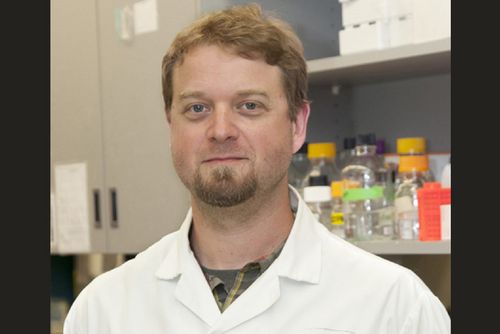Meyer-Gorlin syndrome is a developmental disorder whose symptoms include, among other things, skeletal abnormalities and primitive dwarfism.
Since human conception, in the embryo stage, cells must multiply very rapidly to form a viable organism. The growth of these cells begins during pregnancy and continues through childhood and adolescence. In order to divide and reproduce quickly, the cells of a developing organism must reproduce their genetic material, DNA, in order to have a healthy, honest copy of themselves.
The research team revealed variations in the GINS3 gene in many people with Meyer-Guerlin syndrome, which reduce the ability of cells to copy DNA and the organism to grow normally. The GINS3 gene thus adds to the limited set of perturbing genetic variations.
“Full characterization of the genetic variations associated with rare syndromes will ultimately facilitate better distribution and clinical management of affected individuals, allowing for better prediction of the progression of their condition,” asserts D.s Hugo Wurtele, MD, researcher at the Maisonneuve-Rosemont Hospital Research Center and professor at the University of Montreal School of Medicine.
This study was conducted in collaboration with three other research teams from the University of Toronto, University of Alberta and CHU Sainte-Justine. The results have just been published in the scientific journal JCI Insight.
Source: Maisonneuve-Rosemont Hospital Research Center.

“Hardcore beer fanatic. Falls down a lot. Professional coffee fan. Music ninja.”






More Stories
SALES / PHOTO SALES – Nikon D850 “5 Star” Bare Body Photo Body at €2,539.00
Discovering a new turning point under the Antarctic ice sheet! What are the consequences?
Record number for an insect!